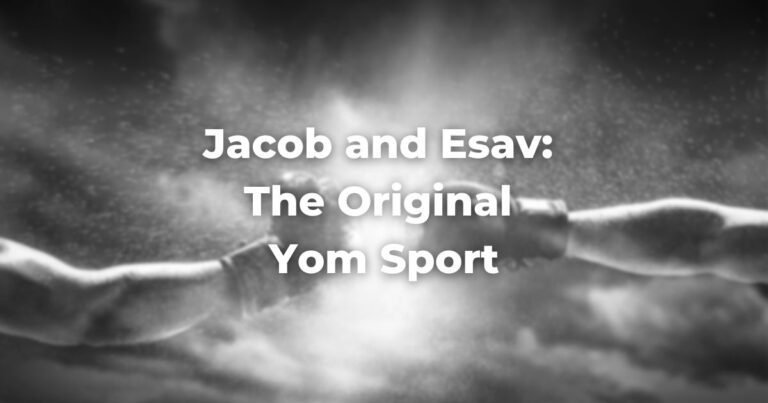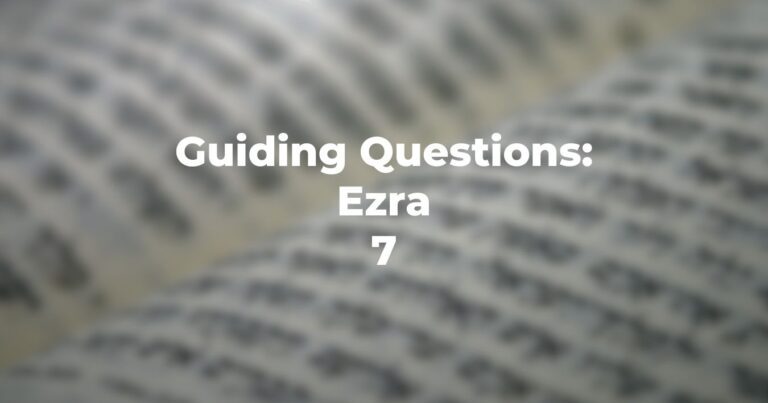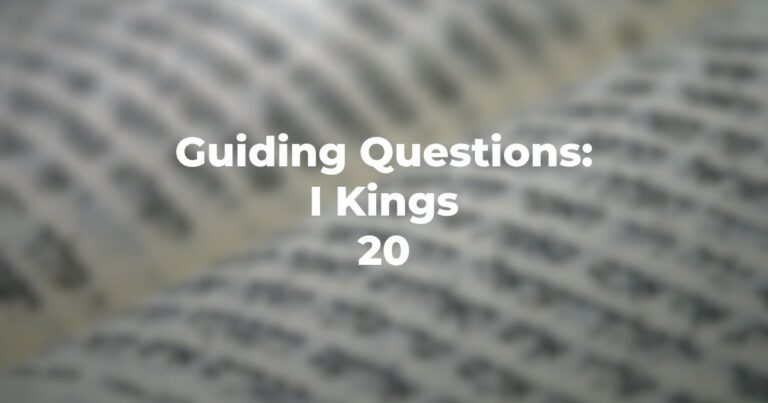- Is the TorahRefers to the first five books of the Hebrew Bible, the Tanakh, also called the Five Books of Moses, Pentateuch or the Hebrew equivalent, Humash. This is also called the Written Torah. The term may also refer to teachings that expound on Jewish tradition. Read more concerned with the source of the contributions?
- Is there any sequence of the contributors (who contributes first)?
- Is any compulsion exercised to elicit support?
- Can all of the Israelites participate?
- Do all of the Israelites participate?
- Are the contributions “blessed?”
- Are any of the contributions noted as non-acceptable?
- Do the women contribute directly or via the men?
- Does everyone contribute the same amount?
- Are any of the contributions “earmarked” for individuals?
- Does this passage indicate that a kirvah center is made possible by the people’s will?
- And does this passage indicate that, for a worthy cause, there is no quota on how much or how little one may contribute?
- Is it clear that the contribution to the center is free of segregation by gender or age?
- And what lesson is taught as to “compelling” people to contribute?
- Are the contributions anonymous and, if giving is not individualized, does this call for a communal experience?
- Are any of the contributions subject to measurement by either amount, source, or “ritual purity?”
Author
-

Exploring Judaism is the digital home for Conservative/Masorti Judaism, embracing the beauty and complexity of Judaism, and our personal search for meaning, learning, and connecting. Our goal is to create content based on three core framing: Meaning-Making (Why?), Practical Living (How?), and Explainers (What?).
View all posts




